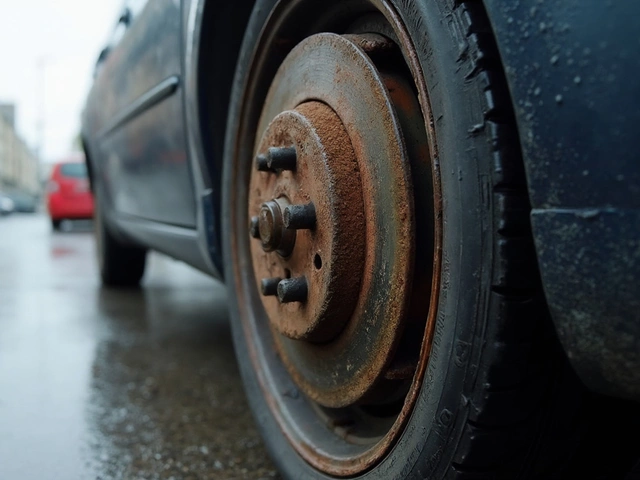Car Sound Guide: Identify, Fix, and Enjoy Your Vehicle’s Noise
Ever hear a rattling, squeaking, or humming noise and wonder what’s going on under the hood? You’re not alone. Most drivers ignore strange sounds until they become a big problem. This guide breaks down the most common car noises, explains why they happen, and gives you simple steps to fix or prevent them.
Common Noises and What They Mean
Clicking or ticking while idling often points to low oil pressure or an exhausted valve lifter. Check your oil level first—if it’s low, top it up. If the sound stays, a quick visit to a mechanic can save you from costly engine damage.
Squealing brakes are a warning sign. It usually means the brake pads are wearing thin. Swap them out before you lose stopping power. While you’re at it, inspect the rotors for scoring.
Grinding when you shift can mean a worn clutch or a damaged synchronizer in a manual transmission. If you notice this in an automatic, the transmission fluid might be low or dirty. A fluid change often clears the noise.
Rumbling from the suspension often feels like driving over a washboard. Bad shocks or struts are the culprits. Replacing them restores a smooth ride and improves handling.
Hissing from under the car usually means a vacuum leak or a cracked hose. Small leaks can cause poor engine performance and higher fuel consumption. Look for cracked rubber, then replace the hose.
Fixing and Preventing Bad Sounds
Start with a quick visual inspection. Open the hood and glance at belts, hoses, and fluid levels. Tighten any loose bolts you see. Loose bolts can cause rattles that sound louder than they are.
Next, keep a maintenance schedule. Change oil, filters, and fluids at the intervals the manufacturer recommends. Clean air filters—not just the cabin filter but the engine’s intake filter—help the engine run smoothly and reduce noises.
If you hear a new sound after a repair, call the shop. A fresh part that’s not fitted right can create new noises. Most reputable shops will fix that at no extra charge.
For owners who like DIY, a basic set of tools—socket set, torque wrench, and a good flashlight—goes a long way. Many simple fixes, like replacing worn brake pads or changing a busted hose, can be done in under an hour.
Lastly, listen while you drive. Turn the windows down and pay attention to each wheel, each gear change, and the engine revs. The more you tune in, the quicker you’ll spot a problem before it becomes expensive.
Whether you’re a seasoned gearhead or just want a quiet commute, understanding car sounds empowers you to keep your vehicle happy. Spot the noise, know the cause, and take action—your car will thank you with smoother rides and fewer surprise repairs.
 16 June 2025
16 June 2025
Do Exhaust Tips Actually Change Sound? The Real Story
Curious if swapping out your car’s exhaust tips will really give you that deep, aggressive sound? This article breaks down exactly what exhaust tips can and can’t do for your ride’s sound. We’ll dig into how exhaust tips work, bust a few myths, and explain when they matter and when they don’t. If you’re eyeing a new chrome tip, get the facts first. Save your money or spend it smarter—here’s the unfiltered truth.
Latest Posts
Tags
- car maintenance
- engine oil
- spark plugs
- brake pads
- engine performance
- vehicle maintenance
- spark plug replacement
- windshield wipers
- fuel pump
- suspension parts
- clutch replacement
- clutch kit
- car performance
- oil change
- air filters
- car suspension
- car radiator
- exhaust systems
- engine misfire
- fuel pump failure






0